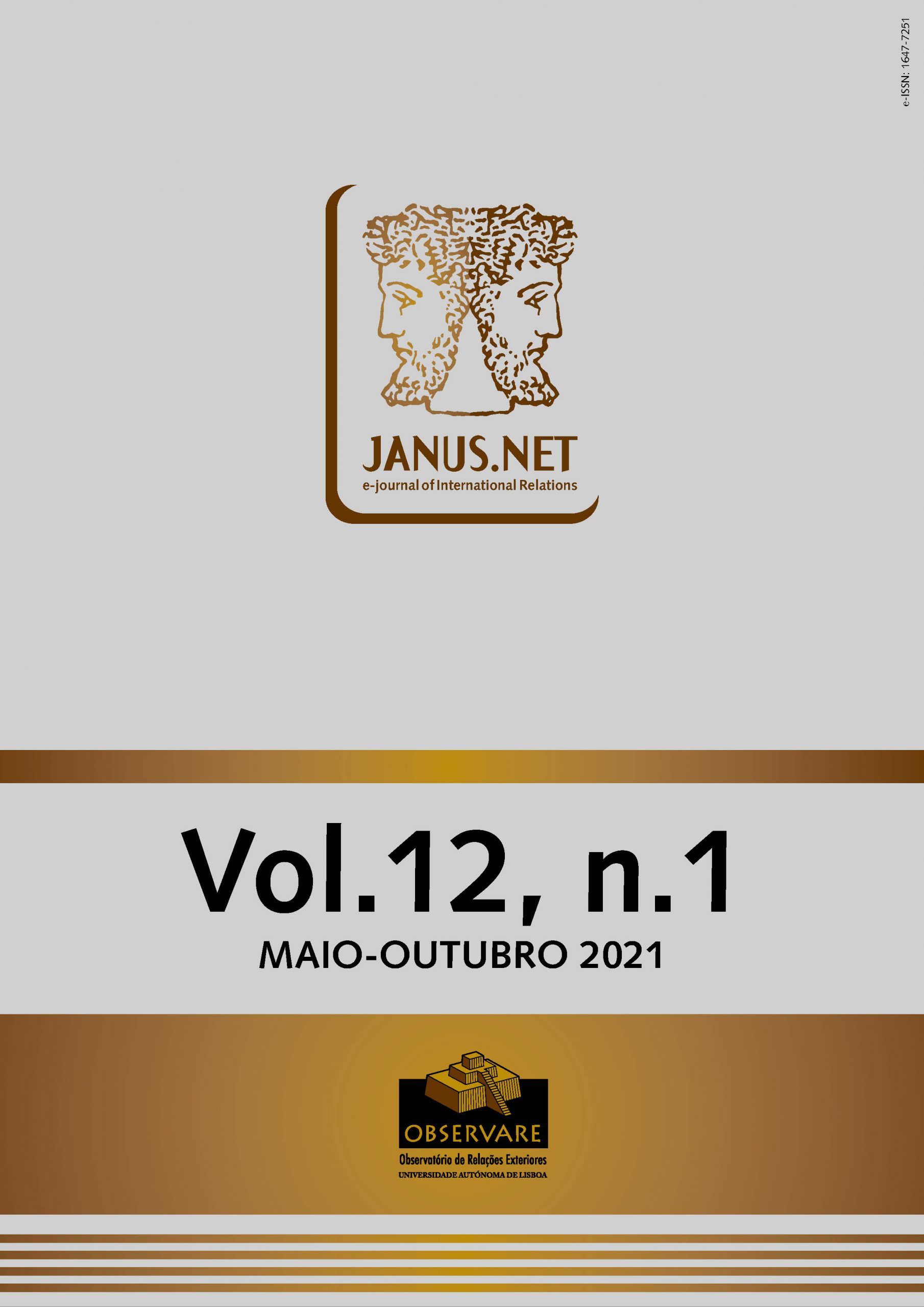The beginning of the twenty-first century is characterised by the emergence of a new political landscape significantly influenced by globalisation. The rising interconnectivity that results from this phenomenon implies the need to redefine the concepts of international politics, strategies, threats, and security. In parallel, new technologies have enabled transnational threats to develop and come up as a primary concern for the great powers and global governance. Based on the analysis of previous works and relevant studies on the field (Brown, 2017; Bannelier-Christakis, 2016; Jones, Pascual, & Stedman, 2009; Garcia, 2006), this essay explores the emergence of transnational terrorism and the expansion of religious extremism as major threats for states and individuals nowadays. While searching to answer the question of how to address terrorism and violent extremism, this article analyses diverse positions, measures, and consequences that have originated in a context of global insecurity. The increasing interdependency between internal and external security has called states to develop new strategies to maintain stability and order. The article emphasises the need to build partnerships and enhance collaboration at all levels to meet the challenges posed by transnational terrorism. In this context of growing insecurity, nations are urged to cooperate with different actors to protect their sovereignty and strengthen human security. Is the contemporary political landscape characterised by insecurity and disorder?
TRANSNATIONAL TERRORISM: A THREAT TO GLOBAL SECURITY
Ph.D. researcher at the Institute for Political Studies of Universidade Católica Portuguesa, Lisbon
(Portugal). She is International Relations Executive Coordinator at Católica Global School of Law
of Lisbon. She has been Board Advisor Trainee at the Institute for the Promotion of Latin America
and the Caribbean (IPDAL) and Global Volunteer for Quality Education with AIESEC Salvador
Resumo
O início do século XXI é caracterizado pela emergência de uma nova paisagem política significativamente influenciada pela globalização. A crescente interconectividade que resulta deste fenómeno implica a necessidade de redefinir os conceitos de política internacional, estratégias, ameaças e segurança. Paralelamente, as novas tecnologias permitiram que as ameaças transnacionais se desenvolvessem e surgissem como uma preocupação primordial para as grandes potências e a governação global. Com base na análise de trabalhos anteriores e estudos relevantes no terreno (Brown, 2017; Bannelier-Christakis, 2016; Jones, Pascual, & Stedman, 2009; Garcia, 2006), este artigo explora a emergência do terrorismo transnacional e a expansão do extremismo religioso como grandes ameaças para os estados e indivíduos de hoje em dia. Ao procurar responder à questão de como abordar o terrorismo e o extremismo violento, este artigo analisa diversas posições, medidas e consequências que tiveram origem num contexto de insegurança global. A crescente interdependência entre segurança interna e externa tem chamado os Estados a desenvolver novas estratégias para manter a estabilidade e a ordem. O artigo sublinha a necessidade de construir parcerias e reforçar a colaboração a todos os níveis para enfrentar os desafios colocados pelo terrorismo transnacional. Neste contexto de crescente insegurança, as nações são instadas a cooperar com diferentes atores para proteger a sua soberania e reforçar a segurança humana. Será o panorama político contemporâneo caracterizado pela insegurança e desordem?
Palavras-chave
Como citar este artigo
Calléja, Lucie (2021). Transnational terrorism: a threat to global security. Janus.net, e-journal of international relations. Vol12, Nº. 1, May-October 2021. Consulted [online] at date of last visit, https://doi.org/10.26619/1647-7251.12.1.1
Article received on 23 January, 2020 and accepted for publication on 28 September, 2020















